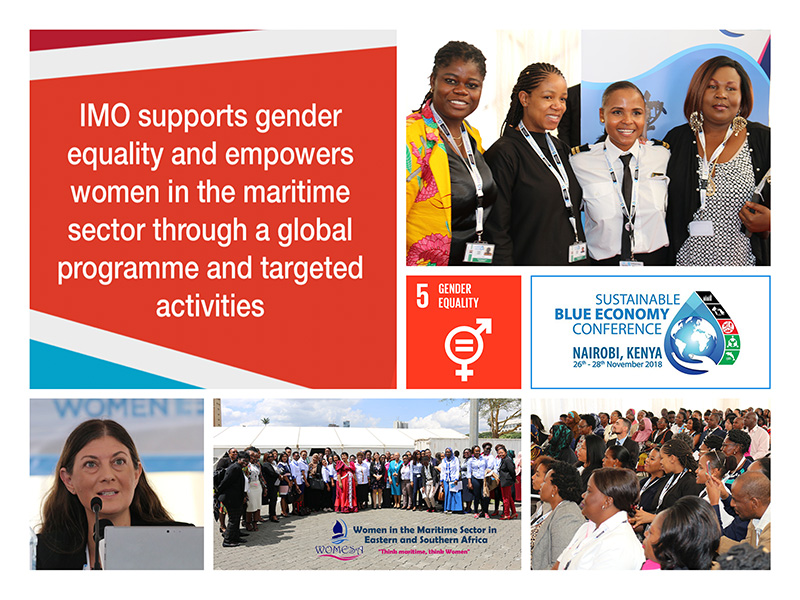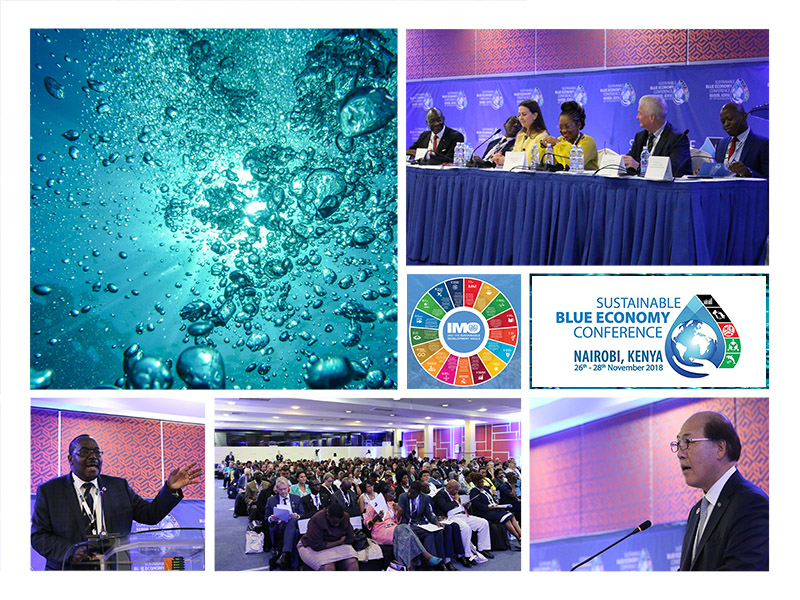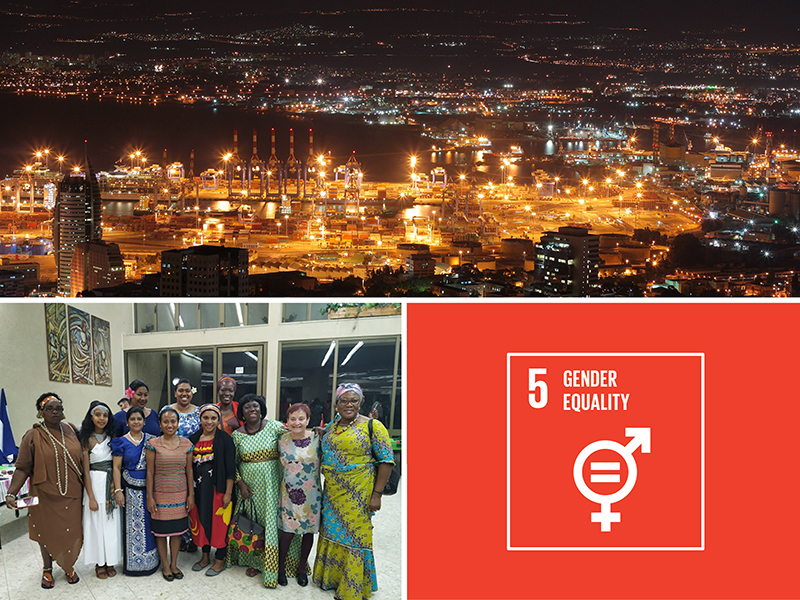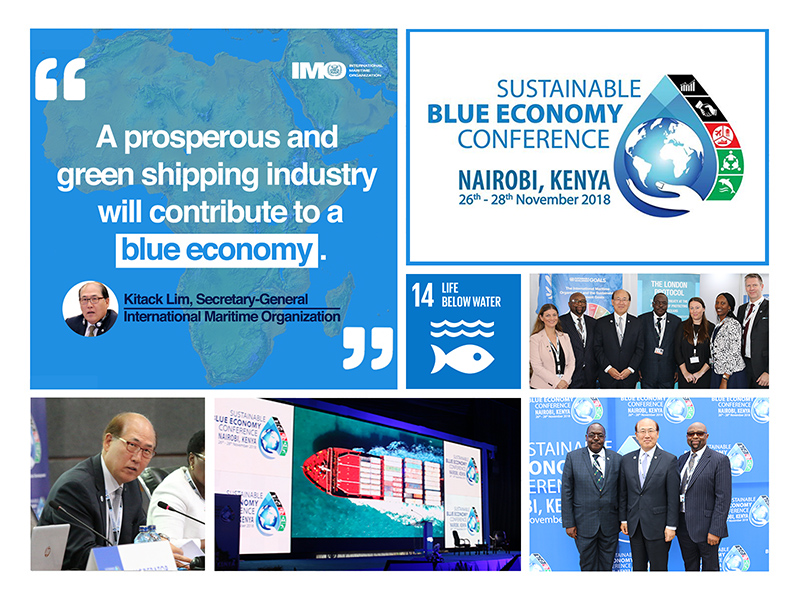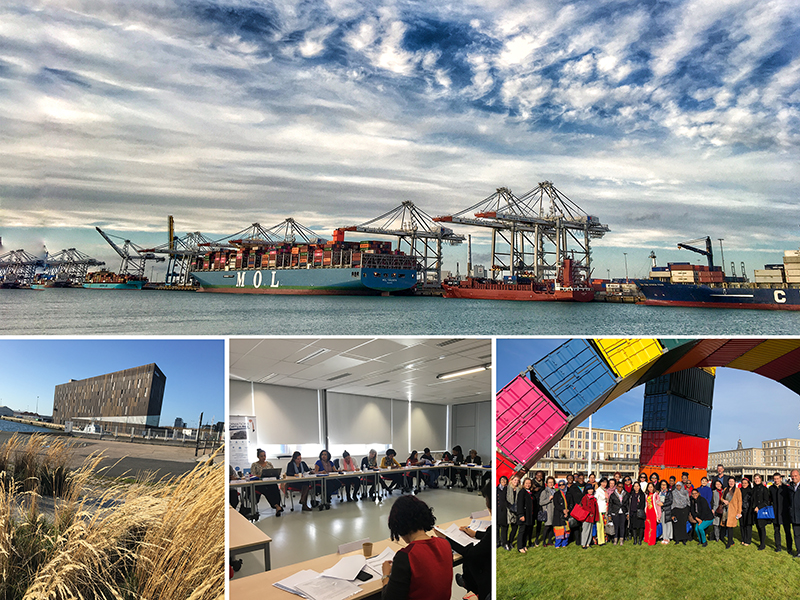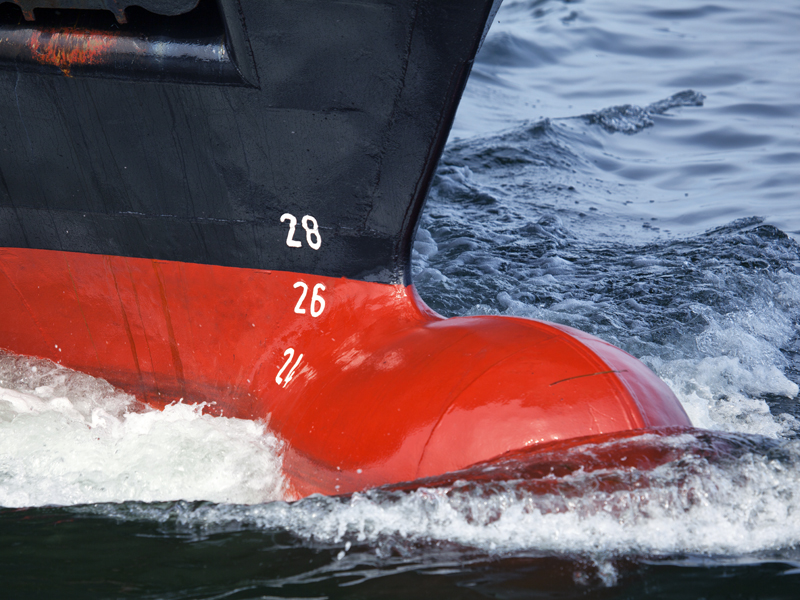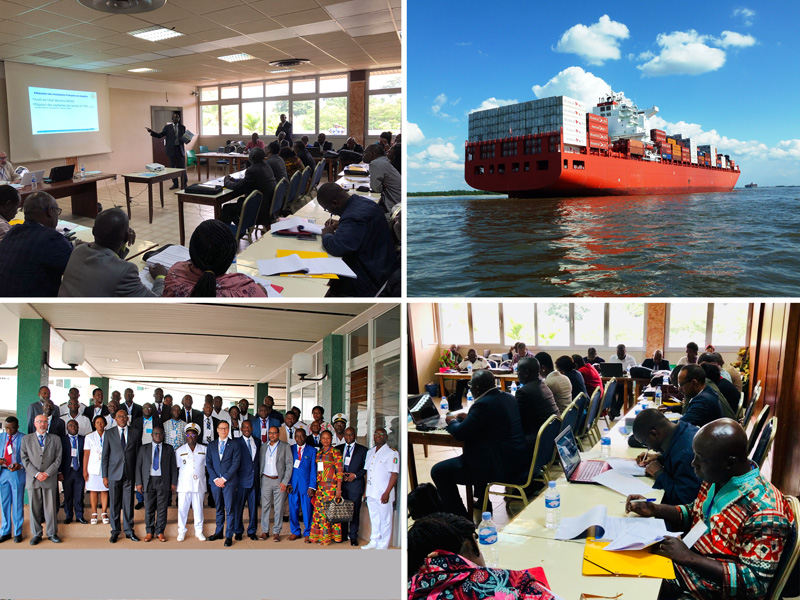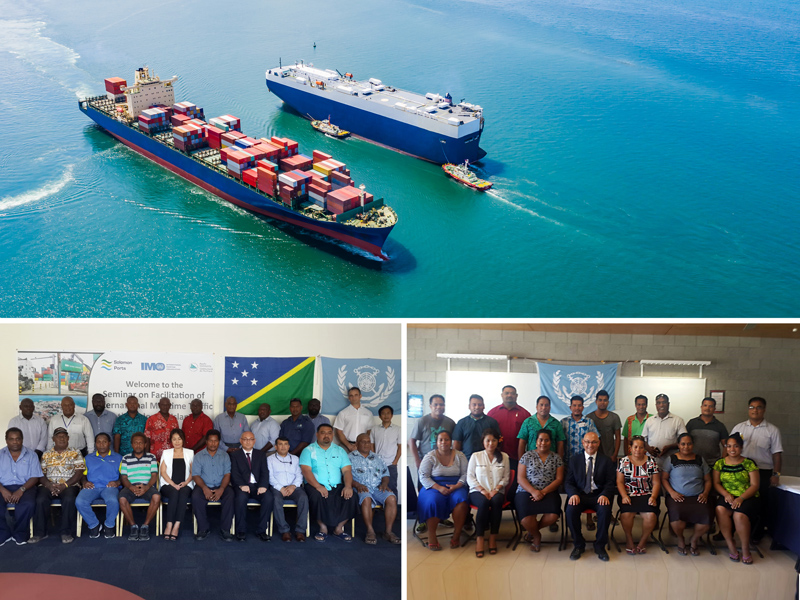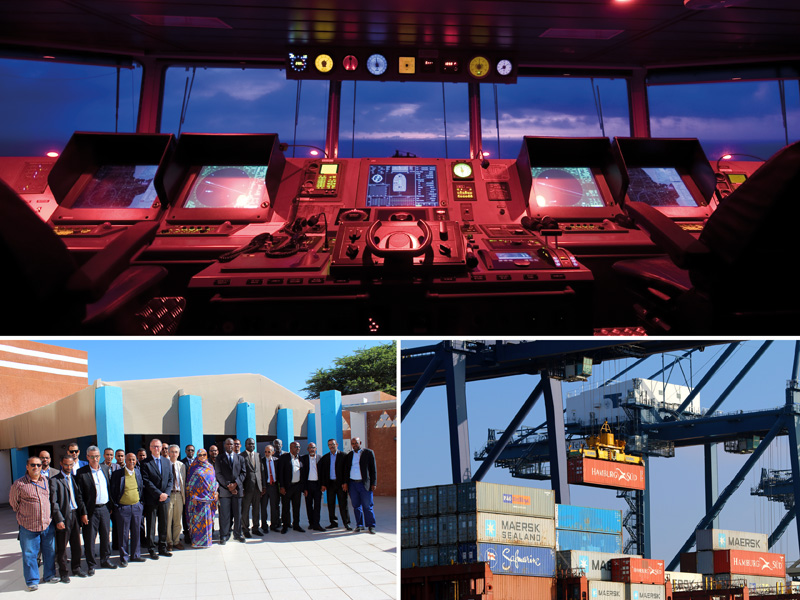Whats New 2018
Women in Maritime: riding the wave of Africa’s maritime sector
IMO's global programme on Women in Maritime is the latest to feature at the Sustainable Blue Economy Conference in Nairobi, Kenya (26-28 November) this week. A WOMESA* side event on the integration of women in the maritime sector, featured a host of speakers (click for photos and details), participants from 10 African countries** supported by IMO and conference attendees. more...
IMO event fuels discussions on the sustainable Blue Economy
A full house at the IMO side event at the Sustainable Blue Economy Conference has brought together experts* in the maritime sector, trade and development. The event, on “How States can leverage the #BlueEconomy into their national policies” was part of IMO’s on-going efforts to support a sustainable blue economy for Africa and beyond. more...
IMO fellowships for women in ports
A successful and well-run port contributes to the sustainable economic development of its region. But what is also an economic no-brainer is female empowerment. To address both these points, IMO is providing fellowships to ten female officials attending a Port Senior Management Programme held at the Galilee International Management Institute (GIMI) in Nahalal, Israel, (14 -27 November). more...
Focused on a blue, sustainable future
How do we harness the potential of our oceans and seas to improve the lives of all, while conserving them for future generations? This is the question being addressed at the first Sustainable Blue Economy Conference, where IMO is joining world leaders and maritime experts from around the globe (photos). The Conference in Kenya (26-28 November) will see governments, international agencies and other stakeholders discuss topics such as ocean governance, marine environment protection and maritime security and development. more...
Ongoing partnership to empower port women
More women are joining the maritime ranks in many aspect of the industry. To encourage this trend, IMO is supporting a training course aimed at female officials from maritime and port authorities entitled. Twenty-seven women from 18 developing countries* are taking part in the two-week "Women in Port Management" course, hosted in Le Havre, France (12 – 23 November). more...
Keeping it clean
Biofouling is the build-up of aquatic organisms on a ship’s underwater hull and structures. An IMO workshop in Abidjan, Cote d'Ivoire (21-23 November) has helped provide a greater understanding of the requirements and implications of ratifying, implementing and enforcing the IMO’s Anti-Fouling Systems Convention and implementing guidelines on how biofouling should be controlled and managed. more...
A plan for better ship pollution prevention for francophone Africa
Eleven francophone African countries* have agreed on an
action plan to better implement IMO’s key treaty on prevention of pollution
from ships – the MARPOL Convention, Annexes
I-V. The plan includes both national and regional actions as
well as recommendations to IMO, which aim to address the root causes hampering
the effective implementation of MARPOL. In particular, two priority areas have
been identified: the provision of adequate port reception facilities and the
application of MARPOL measures to offshore activities. more...
Enhancing facilitation of maritime traffic in the Pacific region
When the communication between ships
and port is smoothly run, shipments move more quickly, more easily and more
efficiently. This is where IMO’s Facilitation (FAL) Convention comes in. To help
increase ratification of the FAL Convention and improve understanding of its
requirements, two National Seminars on Facilitation of International Maritime
Traffic have been delivered by IMO, in cooperation with the Pacific Community
(SPC), in Tarawa, Kiribati (14-16 November) and in Honiara, the Solomon Islands
(20-22 November). more...
Promoting electronic data exchange in West Africa
Ships and ports will need to be able to exchange arrival and departure data electronically from April 2019, under IMO’s Facilitation Convention. There requirements also encourage the use of a single window in which all the many agencies and authorities involved exchange data via a single point of contact. Training in the treaty requirements took place during national seminars in Malabo, Equatorial Guinea (13-15 November) and in Nouakchott, Mauritania (20-22 November). more...
